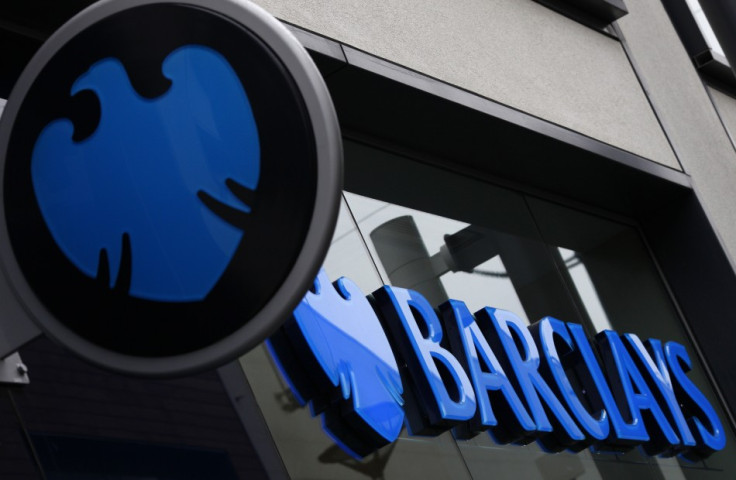Mis-Selling Derivatives Scandal: Barclays Adds £650m to Compensation Pot

Barclays has set aside another £650m to compensate customers, who were mis-sold complex interest rate hedging products, bringing the total up to £1.5bn.
In the bank's first half year statement, Barclays also revealed that it was hit by a £1.35bn (€5.6bn, $2.1bn) payment protection insurance (PPI) charge.
While the bank said it has made a total provision of £5.45bn, almost £3bn has still not been paid out to victims of the mis-sale of PPI and interest rate swap agreements (IRSA).
The mis-selling of PPI is proving to be the most expensive financial scandal in British banking history.
The Financial Services Authority revealed that UK banks have paid nearly £9bn (€10.3bn, $13.4bn) over the past two years to compensate customers mis-sold PPI.
Is £1.5bn Enough for Victims of IRSAs?
In June, a study by Bully-Banks revealed that banks mis-selling derivatives to Britain's small-to-medium enterprises has cost the economy £1.7bn in lost revenues to the Treasury, as well as, 400,000 jobs.
IRSAs are contracts between a bank and its customer where typically one side pays a floating, or variable, rate of interest and receives a fixed rate of interest payments in exchange. They are used to hedge against extreme movements in market interest rates over a given period.
Companies that have seen the value of these products move against them as rates fell during the recession now owe banks crippling sums of money in interest payments each year.
But if the businesses want to cancel the contracts, they are faced with higher costs.
The lack of actual payments to victims of IRSA sales does not come as a surprise.
As IBTimes UK has extensively reported, even though redress may be offered by the banks, it could take a year for any of the businesses actually get given the compensation cash.
For example, Barclays offered to pay Landish Consultants £1.5m in compensation, for the mis-selling of a complex interest rate hedging product, although the final amount can only be paid after consequential losses have been determined.
Under the Financial Conduct Authority review, no payments can be made until the entire process of determining redress is completed. This prevents a party being able to make claims over and over again and costing firms multiple sets of bills from fresh reviews.
This means that while a bank can make an initial offer - a product tear-up or switch and/or compensation - if a company is claiming for consequential losses on top of this, then it would have to wait until after the bank's have assessed the application for damages.
It is also subject to agreement with the company.
"To know that we will be getting back all of the £1.3m of payments that were taken, is great news, but sadly it's still tainted somewhat as despite all of this we will not get any of this money back until we agree our consequential losses as well, which will be complex and will take us some time of course," said Bill Haslam, who is the holiday resort's owner, based in Cornwall.
"This could take us several months and it seems unfair to agree that someone has suffered and then continue this suffering further.
"We just want the money back so we can reinvest it into the business."
While the total offered compensation for Landish Consultants is £1.3m, by combining the FCA agreed interest at a rate of 8%, the extra amount added on results in £250,000.
© Copyright IBTimes 2025. All rights reserved.






















